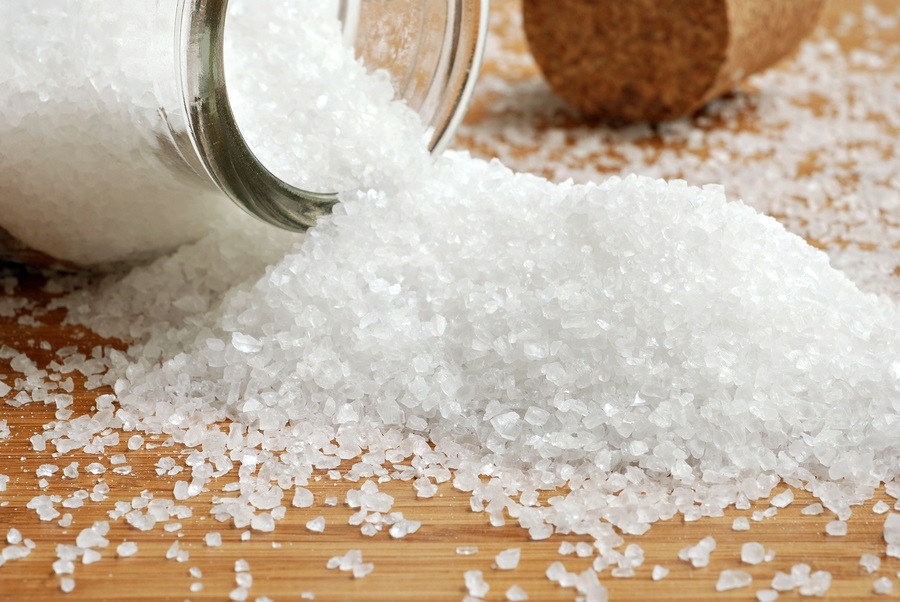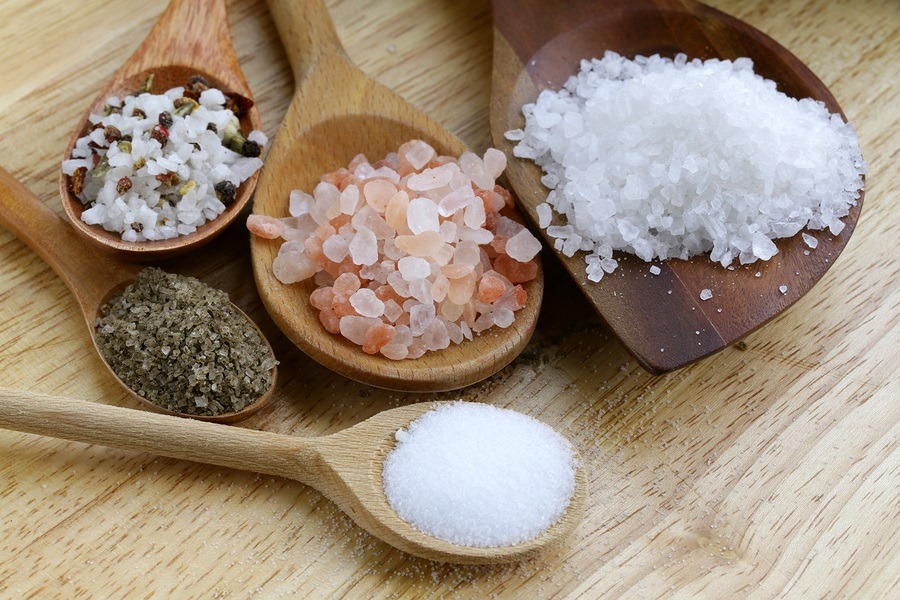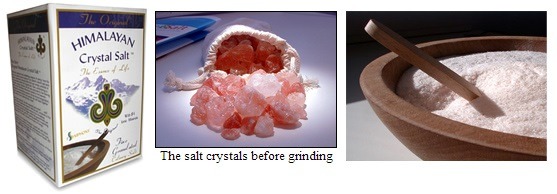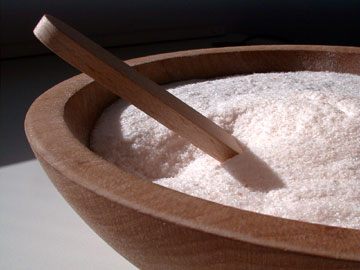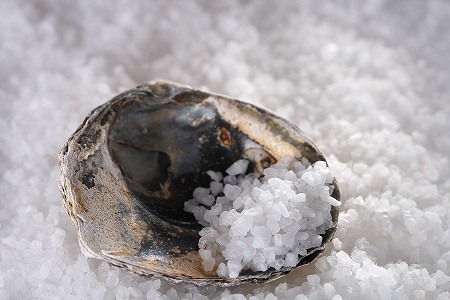Are You Consuming Plastic with Your Sea Salt?
When plastic garbage makes its way to the sea, it eventually breaks down into tiny fragments that return to us in salty seasonings, Malaysian researchers report in Scientific Reports. In a survey of 16 sea salts from eight countries, researchers found microplastic particles lurking in all but one. In total, the researchers collected 72 particles from the salts and used micro-Raman spectroscopy to identify their components, which were mainly plastic polymers and pigments.




